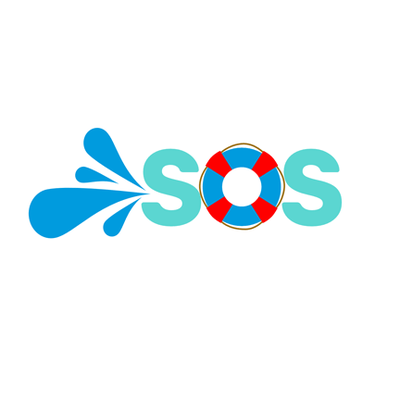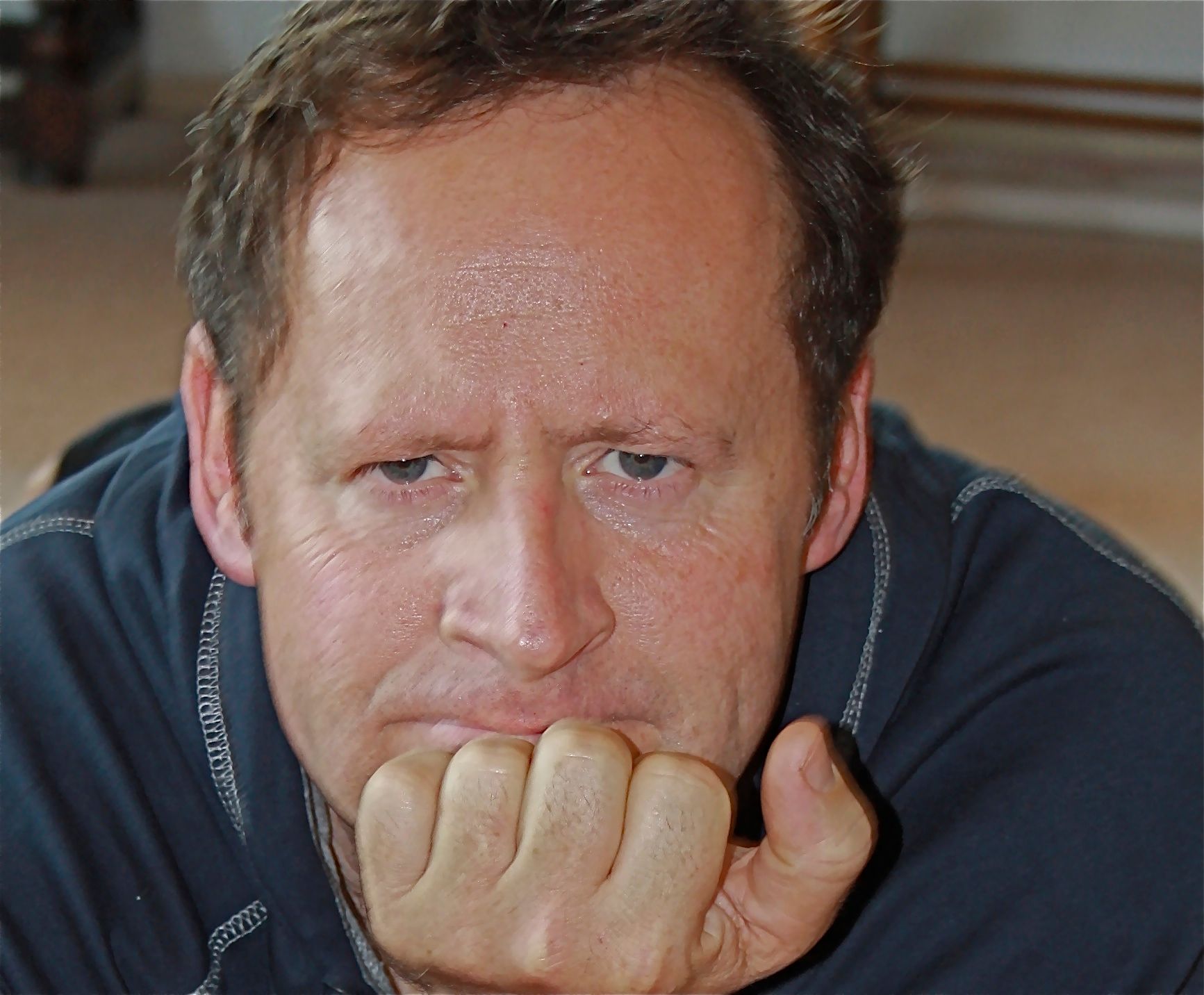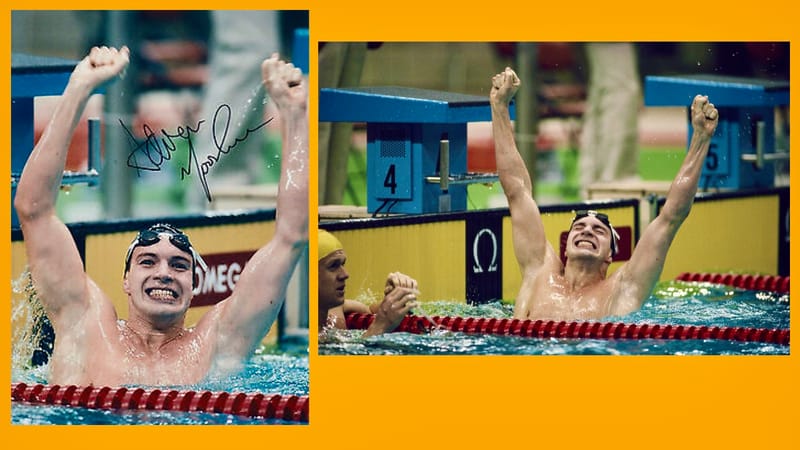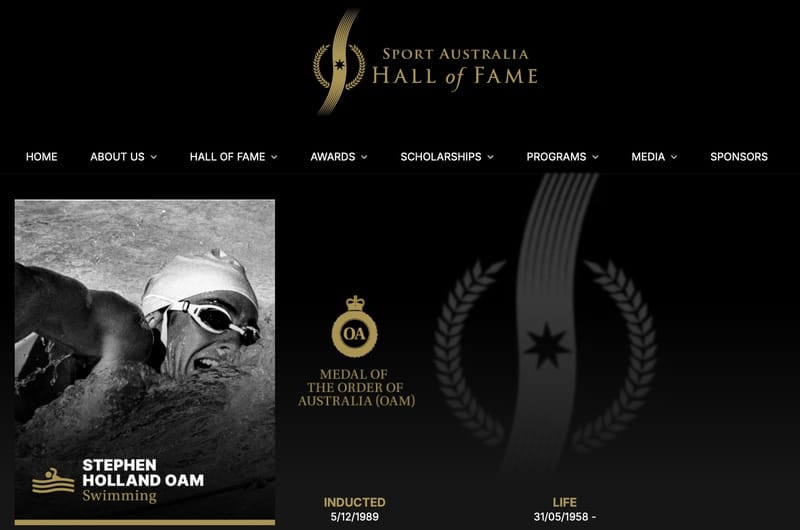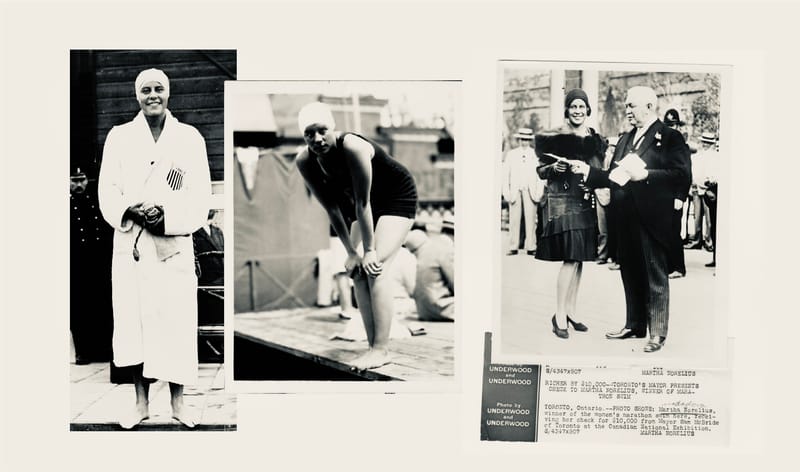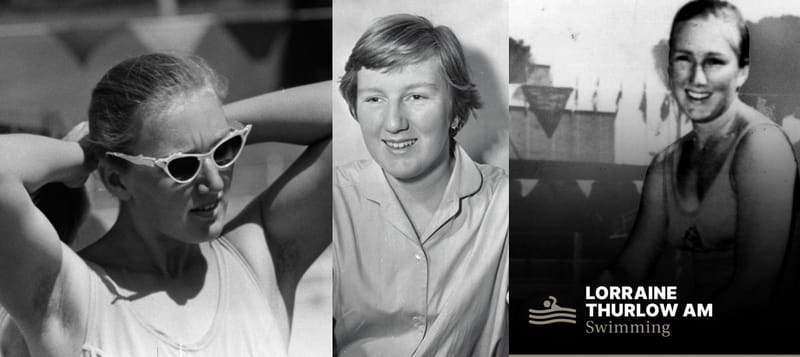The Athlete-Coach Partnership from Coach & Psychologist Perspective – By Bill Sweetenham and Dr Bruce Lawrie
From the SOS Archive - In January 2021, State of Swimming presented an original paper by coach and athlete mentor and leadership oracle Bill Sweetenham in partnership with leading psychologist Dr. Bruce Lawrie. Their work is timeless, ever-relevant...
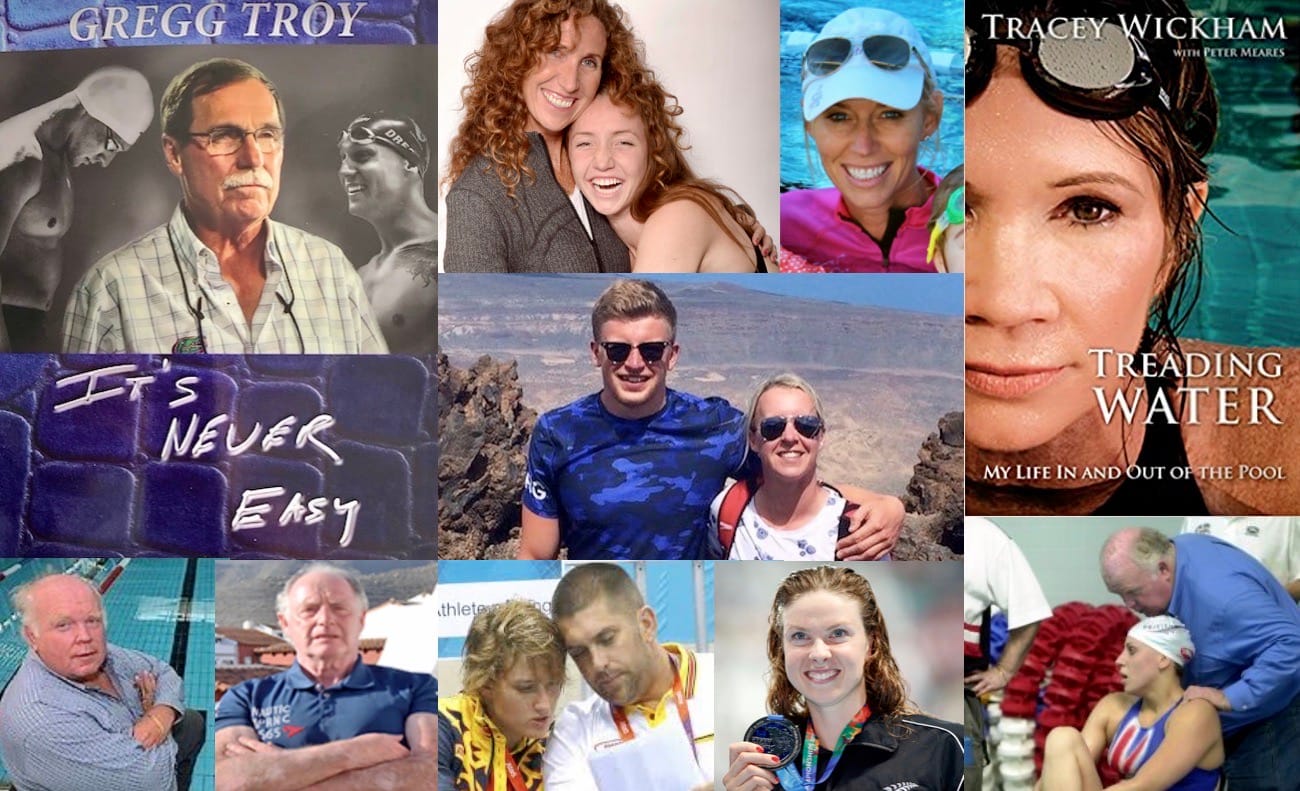
The Athlete-Coach Partnership is one of the most significant outcome-influencing aspects of – if not the key to – performance sport, one that can impact an athlete’s life long after racing days are done, for better or for worse.
Coach and sports leadership oracle Bill Sweetenham teamed up with leading psychologist Dr. Bruce Lawrie to delve deeper into one of the critical fields in sport. The paper below is what came out of them putting their heads together.
The subject of the athlete-coach partnership is not new, though deeper understanding is fairly rare in a world where many find the alchemy, without explanation, at the heart of Chariots of Fire and many similar stories down the decades is enough.
What is notable about the Sweetenham-Lawrie paper is its original and groundbreaking nature: it does not lean on prior research or any other like developmental model on the psychology side of the coin, while the Australian coach’s experiences at the coal-face of athlete-mentor engagement are equally unique.
The result of a constructive psychologist-coach partnership, the work also confirms that the two professions can work well together – especially when such partnerships are founded on mutual respect – to the benefit and advantage of the athlete.
The work brings perspective not just from the psychologist and the coach with the athlete in mind but from the coach with coaches in mind. During his time in Britain as performance director, Sweetenham made clear that one of his key roles was to coach coaches, with the athlete in mind. He had a series of rules, including some red lines in the sand. They included:
- Never turn your back to the pool.
- Never use your phone or a laptop while on poolside.
- Keep conversation brief, to the point: if a conversation was important beyond the moment, then keep it for a moment before or after a training session.
- No drinking coffee on the deck.
In other words, he expected coaches to be 100% engaged with the athlete, the thing unfolding in the pool, the nuance of all that moved and how that fit into the overall gain or otherwise of the athlete in partnership with the coach. Each session was followed by a coach get-together in which Sweetenham would challenge one coach to tell the rest all about his or her take on the session just undertaken. He would then provide a view, including alternative ways of thinking and engaging.
The following forms a part of a bigger body of work on the Athlete-Coach Partnership and is part of the SOS archive.
The authors hope that the views presented in this article will stimulate discussion and further research in this vital area.
To read for free for a limited time, simply register an email (your name/data will not be shared nor is it made visible by SOS) - or, if if you wish to support our work, subscribe or donate:
